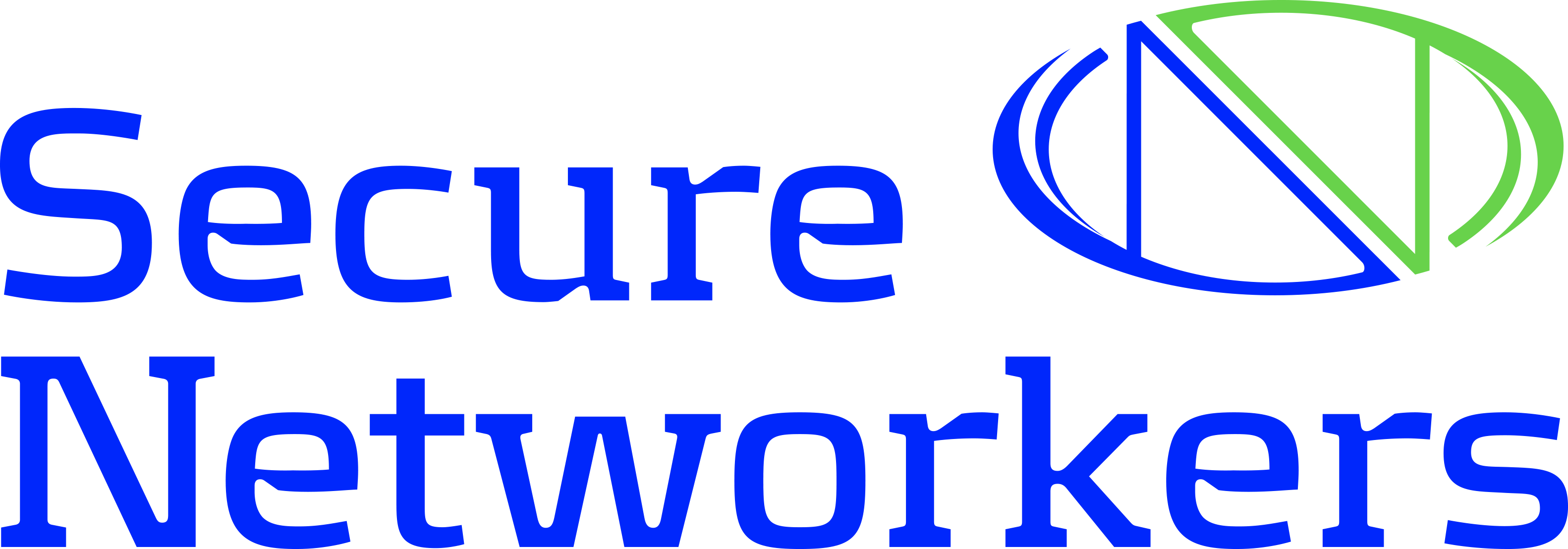The versatility that comes with cloud computing and hosting – for small firms, enterprise-level corporations, and everything else in between those two extremes – is generally accepted, and vaguely understood by the typical man on the street. It is common knowledge that most of the websites we visit, and applications we use, we access from a big bank of servers somewhere, and that this setup makes it possible for the program and the database that goes with it to be available anywhere and everywhere, all the time to everyone who has access.
But what is the cloud, exactly, and how should one define it? Like coming up with the specific definition of “Infrastructure as a Service,” it might be a little harder to articulate. Never fear: here we will explain a few of the most important things you need to know about cloud computing, and the different options available to you (including “Infrastructure as a Service”). We will also provide you with an allegorical interpretation… of a dinner party.
Question 1: What is cloud hosting?
Like the host of any house party is responsible for managing the communication and welfare of attending guests, network servers are host to data, software, and other resources that need to be accessed and used effectively by users. Utilizing the computing resources available from networks of servers can be an efficient way of getting your computing and communication needs met. And, you only pay for your place at the table and only for the services you use. It can be a very affordable and efficient solution for the small business. Unlike the allegory of the host of a house party, with cloud hosting you can be the guest that never leaves: you have access to data space and services any time you need it, as much as you need it, without paying for additional capacity.
Question 2: How does cloud hosting work?
Cloud computing and hosting works in two ways: Public Cloud and Private Cloud.
Public Cloud – This is made up of an orchestration of a bunch of publicly available virtual servers (which are servers that share hardware and software resources with other servers, this is particularly common in web hosting environments). The Public Cloud will include security measures that manage who gets to access what information.
Private Cloud – If there is heightened concern for privacy and security in a given business, a Private Cloud solution might be the better option. Private cloud servers can be assigned to one particular purpose, or one particular client, so that its use is restricted. In other words, you get the house and the host all to yourself.
Question 3: What is the alternative to cloud hosting, and what is the difference?
If you are not managing your data, software, and communications through a cloud solution for your business, that means you are operating from single servers (single servers can be either dedicated or shared servers). Where hosting in the cloud means that your data benefits from ubiquitous availability (in other words, because your data is accessible though such a vast network of servers, you virtually never lose access to your data), single server hosting does not provide the same benefit.
Question 4: Are there other options in how a business receives cloud services?
Yes there are choices. You might choose “Platform as a Service” (PaaS) hosting, or “Infrastructure as a Service” (IaaS) hosting.
PaaS – With PaaS, the customer will have the software environment already provided. This option allows the business to get straight to business, installing the applications needed for business and developing the computing environment. Think of a house that is hosting your data party with the glasses already filled and the table set. Party decorations are pretty standard.
IaaS – This option is better employed with the involvement of IT professionals, as it offers the space for your data party, but someone is going to have to get the place ready for your data event. The advantage, however, is that this option is entirely customizable. You get to decorate your party however you want.
Question 5: Which solution is right for me?
The answer is simple: ask a professional. IT security and automation for your whole business is all wrapped up in what you choose. We want you to have a very successful party, so please call a professional. Investing in a network engineer that can configure the right solution for your business – a solution that is cost-effective, efficient, and can grow with your business and help you to achieve your goals – pays big dividends in the long run.
We are Secure Networkers. Give us a call at 281.651.2254 or email us with your inquiry about the cloud computing and hosting solution that will be best for you. We are ready to help you.



Recent Comments